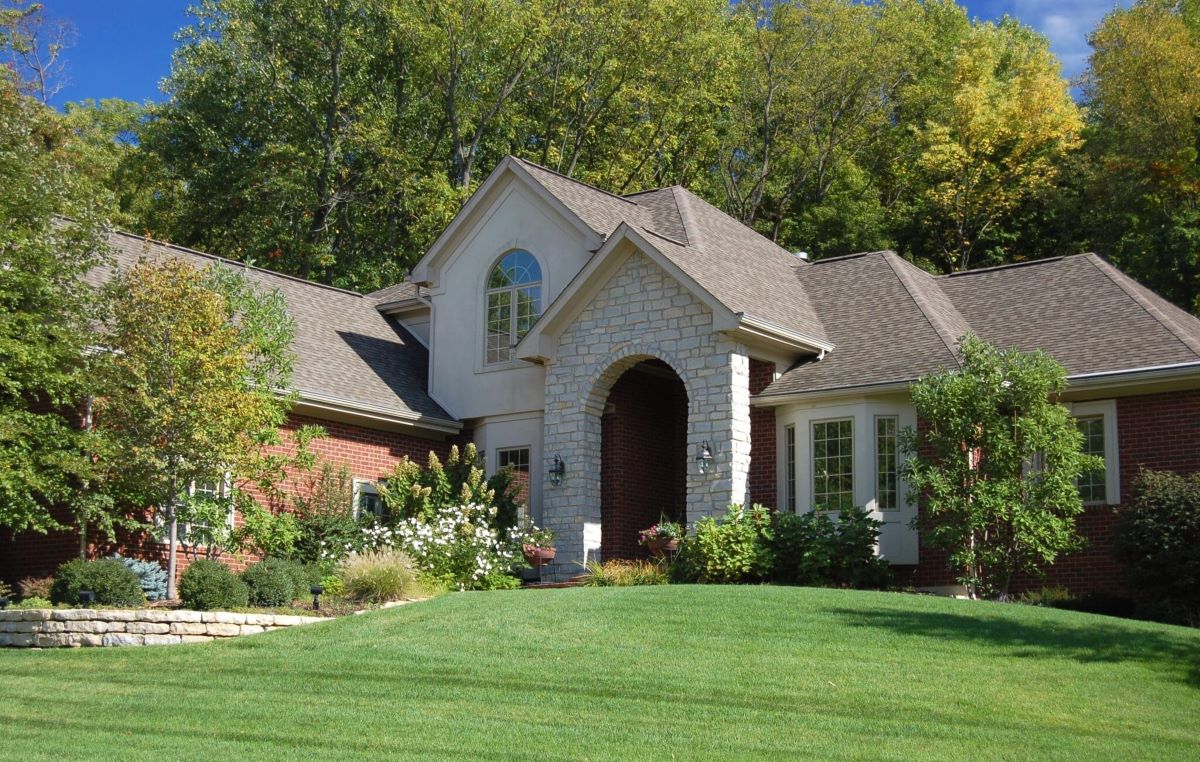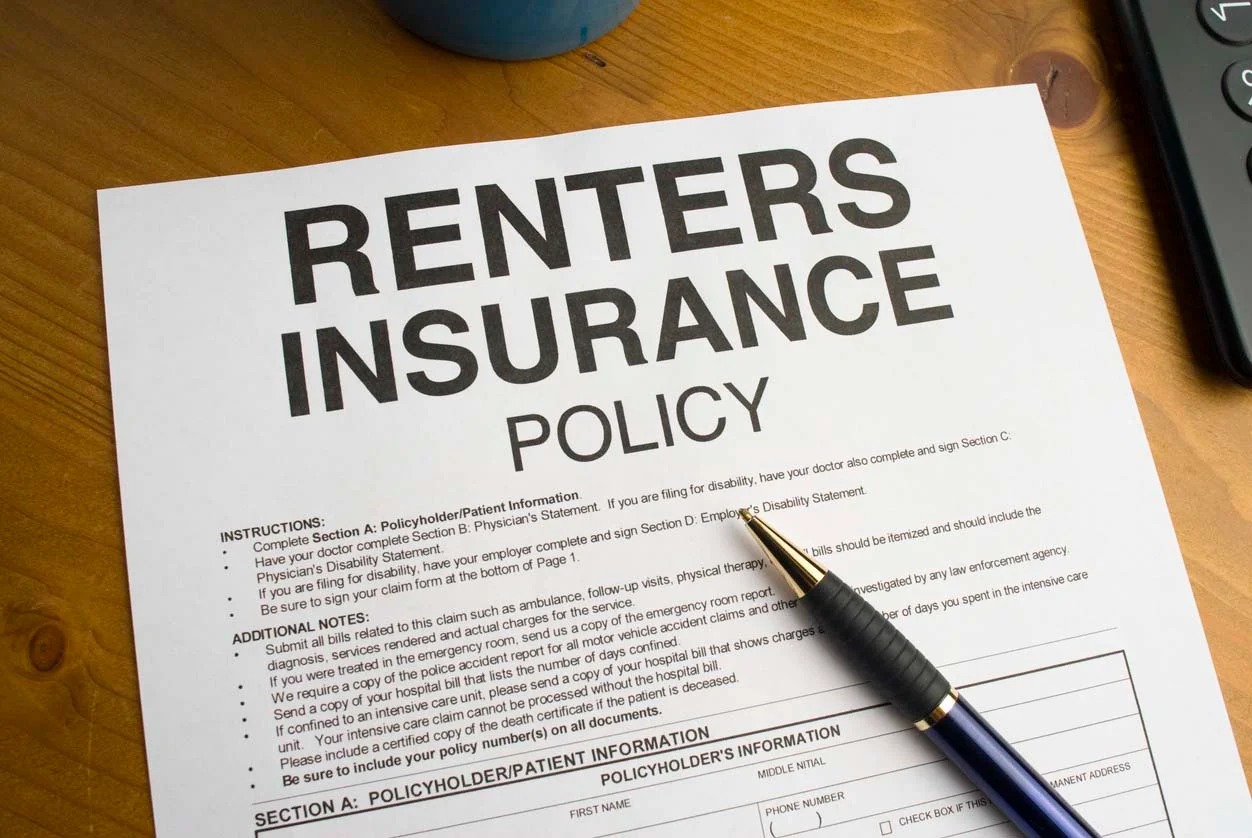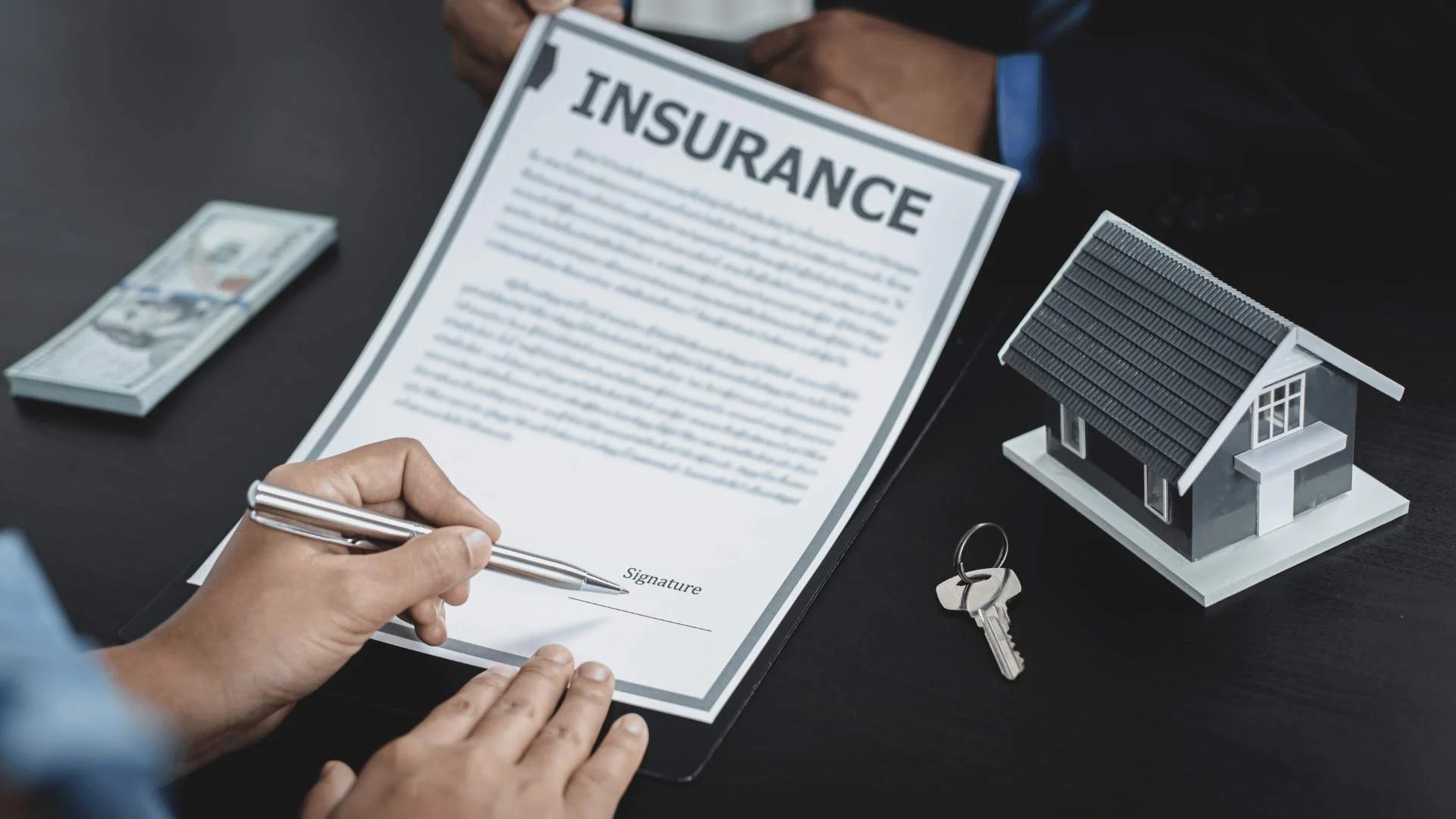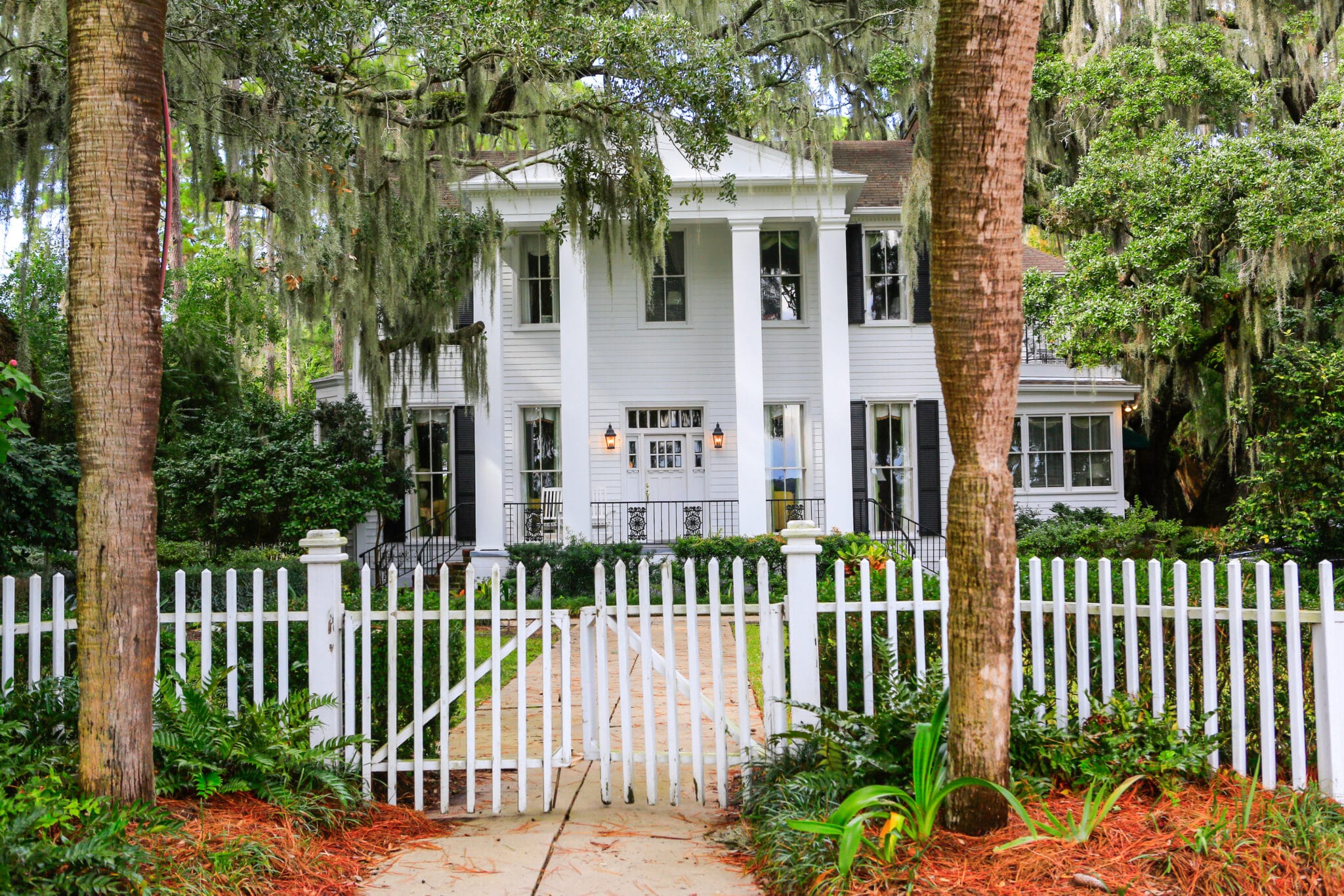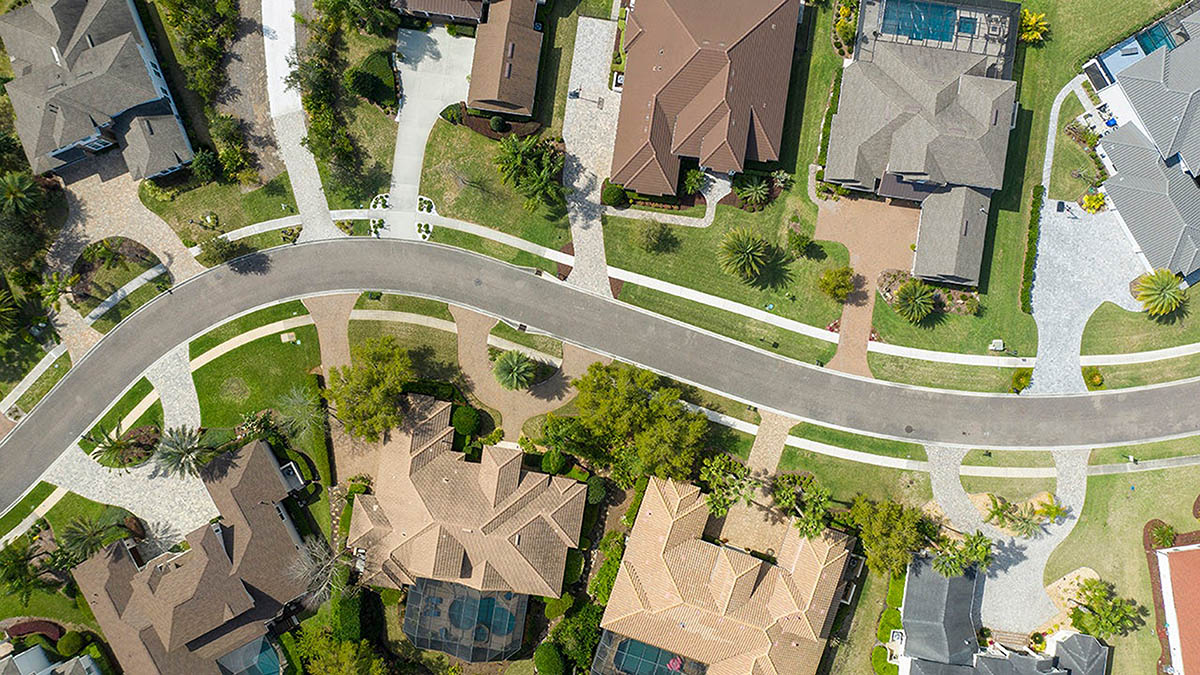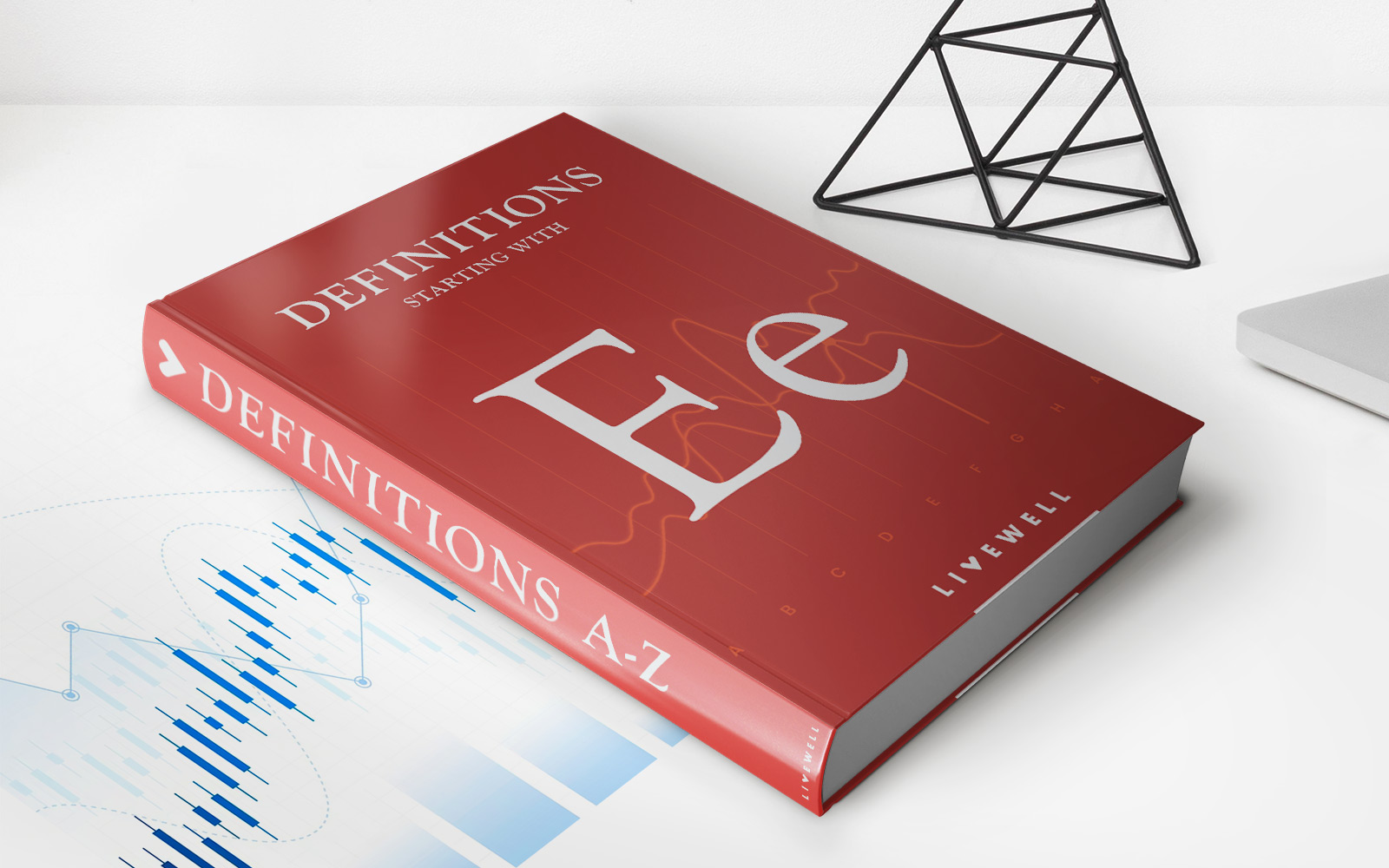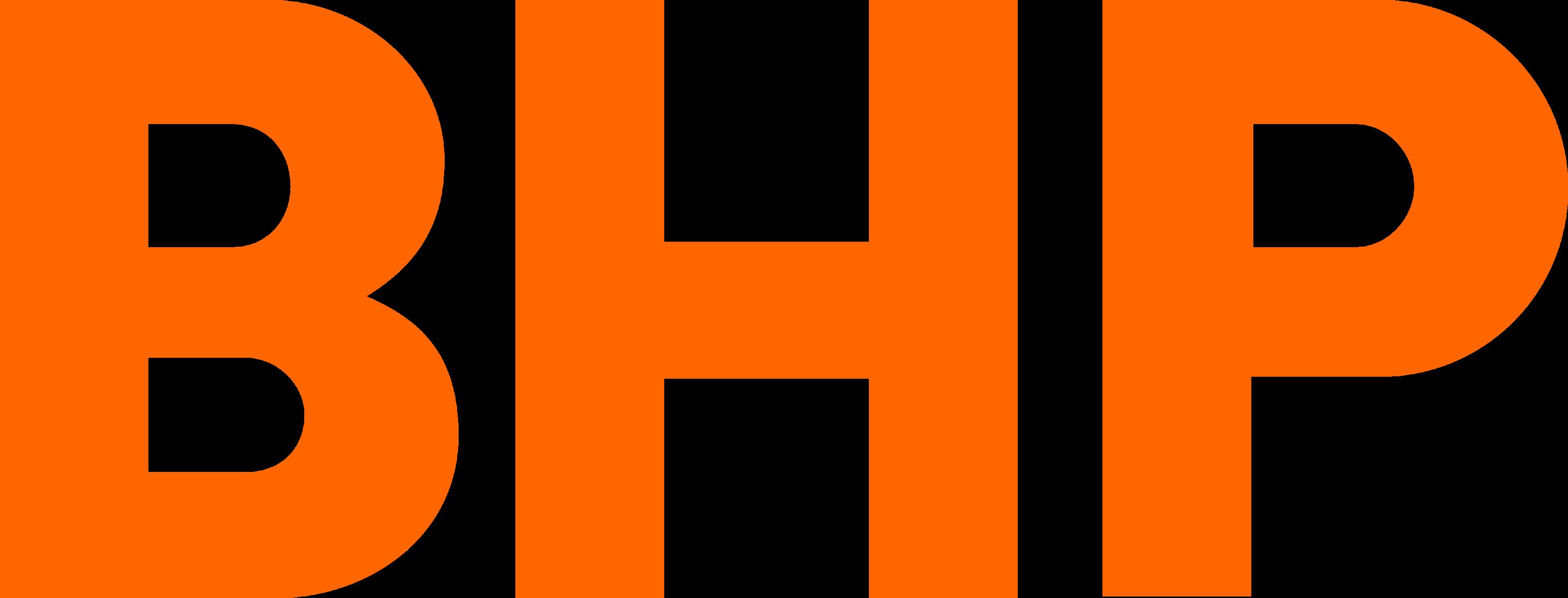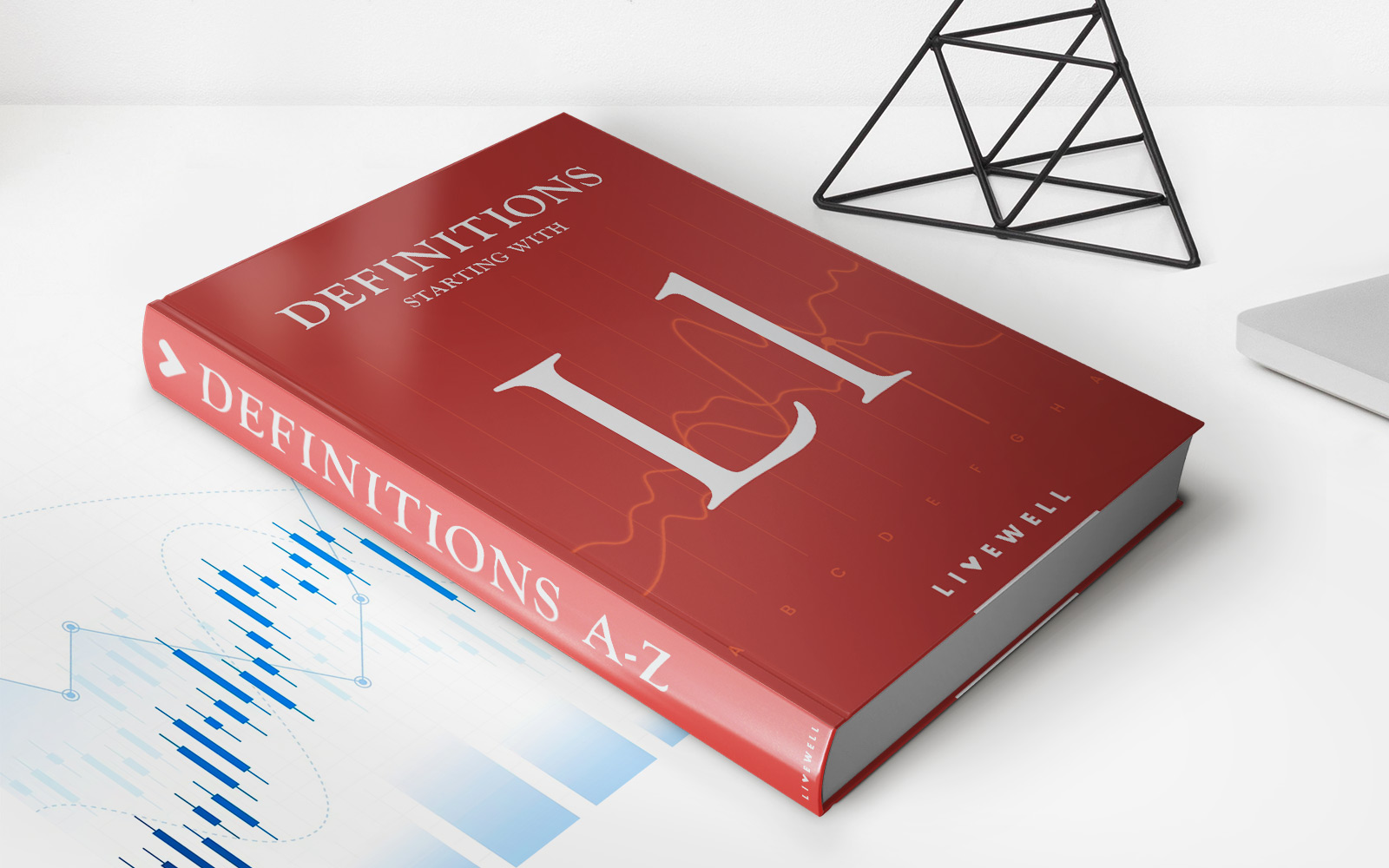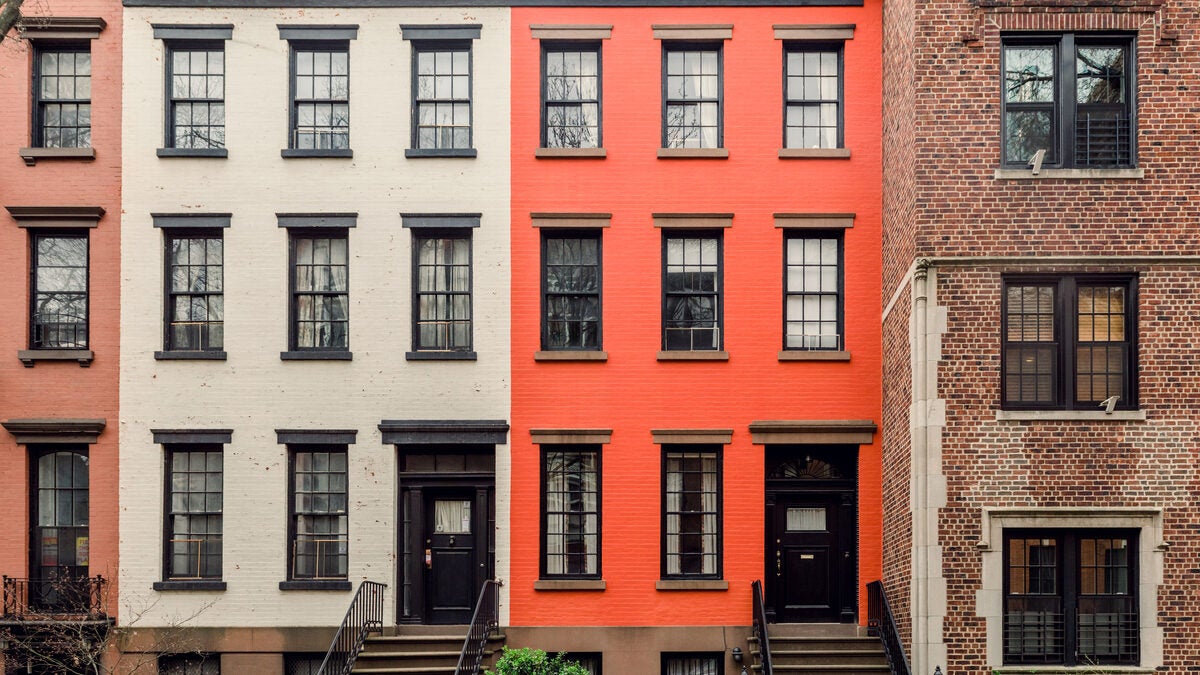

Finance
How Much Is Homeowners Insurance In NYC?
Published: November 9, 2023
Find out the cost of homeowners insurance in NYC and save money on your finance. Compare quotes and get the best rates today!
(Many of the links in this article redirect to a specific reviewed product. Your purchase of these products through affiliate links helps to generate commission for LiveWell, at no extra cost. Learn more)
Table of Contents
Introduction
When it comes to protecting your biggest investment, homeowners insurance is essential. As a homeowner in New York City (NYC), it’s important to understand the factors that influence the cost of homeowners insurance and how to find the right policy to suit your needs.
Living in NYC presents unique challenges when it comes to homeowners insurance. The city’s dense population, high property values, and exposure to natural disasters like hurricanes and floods can impact insurance rates.
Factors such as the age of your home, its location, the construction type, and the coverage amount you choose can all influence your premium. Additionally, having certain amenities and safety features in your home can make a difference in the cost of your homeowners insurance.
In this article, we will explore the factors that affect homeowners insurance costs in NYC, discuss the average cost of homeowners insurance in the city, and explore the types of policies available. We will also delve into additional coverage options for NYC homeowners and provide tips on how to save on homeowners insurance.
By the end of this article, you’ll have a better understanding of how homeowners insurance works in NYC and be better equipped to make informed decisions to protect your home and finances.
Factors That Affect Homeowners Insurance Costs in NYC
Several factors influence the cost of homeowners insurance in NYC. Understanding these factors can help you determine why your premium may be higher or lower than average. Here are some key factors to consider:
- Location: The location of your home in NYC plays a significant role in insurance costs. Factors such as the proximity to fire stations, crime rates, and exposure to natural disasters can impact your premium. Homes in high-risk areas, such as those near the coast or in flood-prone zones, may have higher insurance rates.
- Construction type: The construction type of your home, such as brick, wood, or steel, affects insurance costs. Homes made of more durable materials like brick may have lower rates due to their resistance to fire and other perils.
- Age of the home: The age of your home can impact insurance costs. Older homes may have outdated electrical systems or plumbing, which can increase the risk of fire or water damage. As a result, older homes are often more expensive to insure.
- Home features: Certain features in your home can affect insurance rates. Homes with safety features such as smoke detectors, security alarms, and sprinkler systems may qualify for discounts. On the other hand, homes with swimming pools or trampolines may have higher rates due to the increased liability risk.
- Coverage amount: The amount of coverage you choose for your home affects the cost of insurance. Higher coverage limits will result in higher premiums.
- Claims history: Your claims history can influence insurance costs. If you have previously filed claims, especially for significant losses, insurance companies may view you as a higher risk and charge higher premiums.
It’s important to note that insurance companies use complex algorithms to assess risk and determine premium rates. Each company may weigh these factors differently, so it’s essential to shop around and compare quotes from multiple insurers to find the best coverage at a competitive price.
Average Cost of Homeowners Insurance in NYC
Homeowners insurance premiums in NYC can vary significantly based on several factors previously mentioned. According to the Insurance Information Institute, the average annual cost of homeowners insurance in New York is around $1,300. However, it’s important to note that this is just an average, and your premium may be higher or lower based on your specific circumstances.
The high cost of living and property values in NYC contribute to higher insurance premiums compared to other parts of the country. Additionally, the density of the city and its exposure to potential risks can impact insurance rates.
Here are some general estimates of the average homeowners insurance costs in different boroughs of NYC:
- In Manhattan, the average homeowners insurance cost ranges from $1,800 to $3,000 per year.
- In Brooklyn, the average cost falls between $1,300 and $2,200 per year.
- Queens typically sees average premiums ranging from $1,200 to $2,000 per year.
- The Bronx has average costs ranging from $1,300 to $2,000 per year.
- Staten Island generally has lower premiums, with average costs ranging from $1,000 to $1,500 per year.
Keep in mind that these figures are approximate and can vary depending on the factors already discussed, such as the age of your home, coverage amounts, and your specific location within each borough.
To get an accurate estimate for your homeowners insurance, it’s best to contact insurance providers and request quotes based on your specific needs and circumstances. Insurance companies will consider factors such as your home’s characteristics, your insurance history, and the level of coverage you desire when calculating your premium.
Comparing quotes from multiple insurers will help you find the most affordable option that provides adequate coverage for your NYC home.
Types of Homeowners Insurance Policies
When it comes to homeowners insurance in NYC, there are several types of policies available to protect your home and belongings. Understanding these policy types can help you choose the right coverage for your needs. Here are the most common types of homeowners insurance policies:
- HO-3: The HO-3 policy is the most popular and comprehensive type of homeowners insurance. It provides coverage for both the structure of your home and your personal belongings. This policy typically protects against a wide range of perils, such as fire, theft, and certain types of water damage. It’s important to review the policy details to understand the specific perils covered and any exclusions.
- HO-4: Also known as renter’s insurance, the HO-4 policy is designed for tenants who rent apartments or houses. This policy provides coverage for personal belongings and liability but does not cover the structure of the rented property. Renter’s insurance is essential for NYC residents who want to protect their personal belongings from theft, fire, or other covered perils.
- HO-6: The HO-6 policy is specifically designed for owners of condominiums or co-op units. This policy provides coverage for the interior of your unit, your personal belongings, and liability. Since the building’s structure is typically covered by the condominium association’s insurance, the HO-6 policy focuses on your personal property and liability within the unit.
- HO-5: The HO-5 policy is similar to the HO-3 policy but typically offers broader coverage and higher limits. It provides more extensive protection for both the structure of your home and your personal belongings. This policy is often recommended for homeowners with high-value properties or valuable belongings that may require additional coverage.
- HO-2: The HO-2 policy, also known as a named perils policy, provides coverage for specific perils listed in the policy. It offers protection against a limited number of perils, such as fire, vandalism, and theft. This policy is typically less expensive than comprehensive policies but provides less coverage.
It’s important to carefully review the details of each policy, including the coverage limits, deductibles, and exclusions, to ensure you select the right policy for your specific needs. Additionally, consider any additional coverage options you may need, such as flood insurance, earthquake coverage, or umbrella insurance, to further protect your home and assets.
Additional Coverage Options for NYC Homeowners
In addition to standard homeowners insurance policies, there are several additional coverage options available to NYC homeowners. These options provide extra protection for specific risks that may be more prevalent in the city. Here are some additional coverage options to consider:
- Flood Insurance: While homeowners insurance typically covers damage from water leaks, it typically does not provide coverage for flood-related damage. Given NYC’s proximity to water bodies and the increased risk of flooding, it’s important to consider purchasing flood insurance. This coverage can help protect your home and belongings from damage caused by rising water levels due to heavy rains or coastal storms.
- Earthquake Coverage: Although earthquakes are less common in NYC compared to other regions, they can still occur. Standard homeowners insurance policies typically exclude coverage for earthquake damage. If you want protection against earthquake-related risks, you can purchase additional earthquake coverage to safeguard your home and belongings.
- Jewelry, Art, and Valuable Items: If you own valuable items like jewelry, fine art, or antiques, consider adding additional coverage to your policy. The standard coverage limits for personal belongings may not be sufficient to replace these high-value items in case of loss or damage. By adding a scheduled personal property endorsement or floater to your policy, you can provide adequate coverage for these specific items.
- Identity Theft Protection: NYC’s dense population and reliance on digital systems make residents more vulnerable to identity theft. Adding identity theft protection to your homeowners insurance policy can provide reimbursement for expenses related to identity fraud, as well as assistance in resolving the aftermath of identity theft incidents.
- Umbrella Insurance: Umbrella insurance provides additional liability protection beyond the limits of your standard homeowners insurance. It can be particularly beneficial for NYC homeowners, as the potential for lawsuits and significant liability claims is higher in densely populated areas. Umbrella insurance can provide coverage for legal expenses and damages that exceed your homeowners policy limits.
Consider your specific needs and risks when deciding on additional coverage options. Consult with your insurance provider to assess your requirements and determine the appropriate coverage to adequately protect your home and assets from a wide range of potential risks.
How to Save on Homeowners Insurance in NYC
Homeowners insurance can be a significant expense, especially in a city like NYC. However, there are several strategies you can employ to save money on your homeowners insurance premiums. Here are some tips to help you reduce the cost of your coverage:
- Shop around and compare quotes: Obtain quotes from multiple insurance providers to ensure you’re getting the best rate. Each company may have different rates and discounts, so it’s essential to do your research and compare options.
- Bundle your policies: Many insurance companies offer discounts if you bundle your homeowners insurance with other policies, such as auto insurance. Bundling can result in significant cost savings, so consider consolidating your coverage with one insurer.
- Increase your deductible: Opting for a higher deductible can lower your premium. However, be sure to choose a deductible that you can comfortably afford in the event of a claim.
- Improve home security: Installing security systems, smoke detectors, deadbolts, and security cameras can make your home less susceptible to theft and damage, which can lead to lower insurance rates. Consult with your insurance provider to find out which security measures qualify for discounts.
- Maintain a good credit score: Insurance companies often use credit scores as a factor in determining premiums. By maintaining a good credit score, you can improve your chances of qualifying for lower rates.
- Review your coverage limits: Periodically reevaluate your coverage limits to ensure they accurately reflect the current value of your home and belongings. Adjusting your coverage appropriately can prevent you from paying for more coverage than you need.
- Ask about discounts: Inquire about available discounts, such as a claims-free discount, loyalty discount, or discounts for specific professional memberships or affiliations. Insurance companies often have various discount programs that you may be eligible for.
- Consider a higher deductible: Opting for a higher deductible can lower your premium. However, be sure to choose a deductible that you can comfortably afford in the event of a claim.
- Maintain a good claims history: Insurance companies consider your claims history when determining your premiums. By maintaining a claims-free history, you can demonstrate that you’re a low-risk policyholder and potentially qualify for lower rates.
Remember, while it’s important to save money on your homeowners insurance, it’s equally crucial to ensure you have adequate coverage to protect your home and belongings. Strike the right balance between cost savings and comprehensive coverage to safeguard your investment.
Conclusion
Protecting your home and belongings with homeowners insurance is crucial, especially in a city as dynamic and diverse as New York City. Understanding the factors that influence homeowners insurance costs in NYC and exploring your policy options will help you make informed decisions to secure the right coverage for your needs.
With the unique challenges NYC homeowners face, such as high property values, dense population, and potential exposure to natural disasters, it’s important to carefully assess your risks and consider additional coverage options like flood insurance, earthquake coverage, or identity theft protection.
By shopping around, comparing quotes, and implementing strategies to save on homeowners insurance, such as bundling policies, increasing your deductible, and improving home security, you can maintain comprehensive coverage while potentially reducing your premiums.
Remember to review your coverage periodically, make adjustments as needed, and maintain a good claims history to potentially qualify for lower rates. Additionally, consult with your insurance provider to ensure you have adequate coverage limits and take advantage of any available discounts.
Ultimately, navigating the world of homeowners insurance in NYC may seem overwhelming, but with the right knowledge and guidance, you can find the ideal policy to protect your home, belongings, and financial well-being. Prioritize finding a reputable insurance provider and consider working with an insurance professional to ensure you understand the terms, conditions, and coverage specifics of your policy.
By taking proactive steps to secure the right homeowners insurance for your NYC home, you can have peace of mind knowing that you are prepared for any unexpected events while enjoying your investment for years to come.
